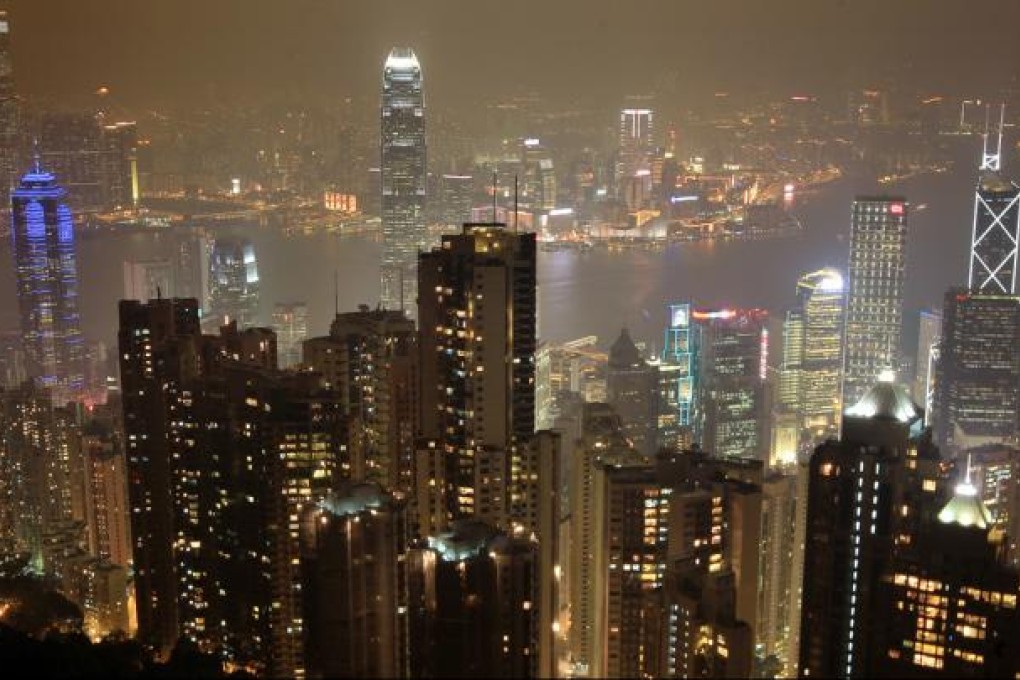
Friends of the Earth successfully mobilised the public to save 52 million kilowatt-hours (kWh) in three months in our Power Smart contest while Hongkong Electric has failed to save as little as three million kWh.
Secretary for the Environment Wong Kam-sing said that there is not much room for adjustments in the interim review of the Scheme of Control Agreements this year.
This sounds like the government has decided to throw in the towel even before any negotiations have taken place and it is simply unacceptable.
The voluntary energy conservation targets set in the current scheme of control constitute a meagre 0.03 and 0.04 per cent of Hongkong Electric's and CLP Power's respective annual sales.
The government must take the opportunity in the interim review to formulate more aggressive energy-saving targets, and introduce a carrot-and-stick approach.
On top of this, energy conservation would help ease the pressure for tariff increases.